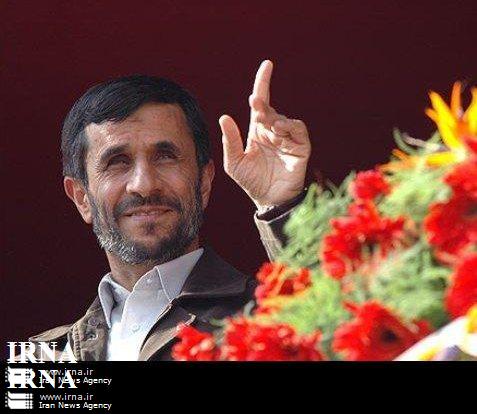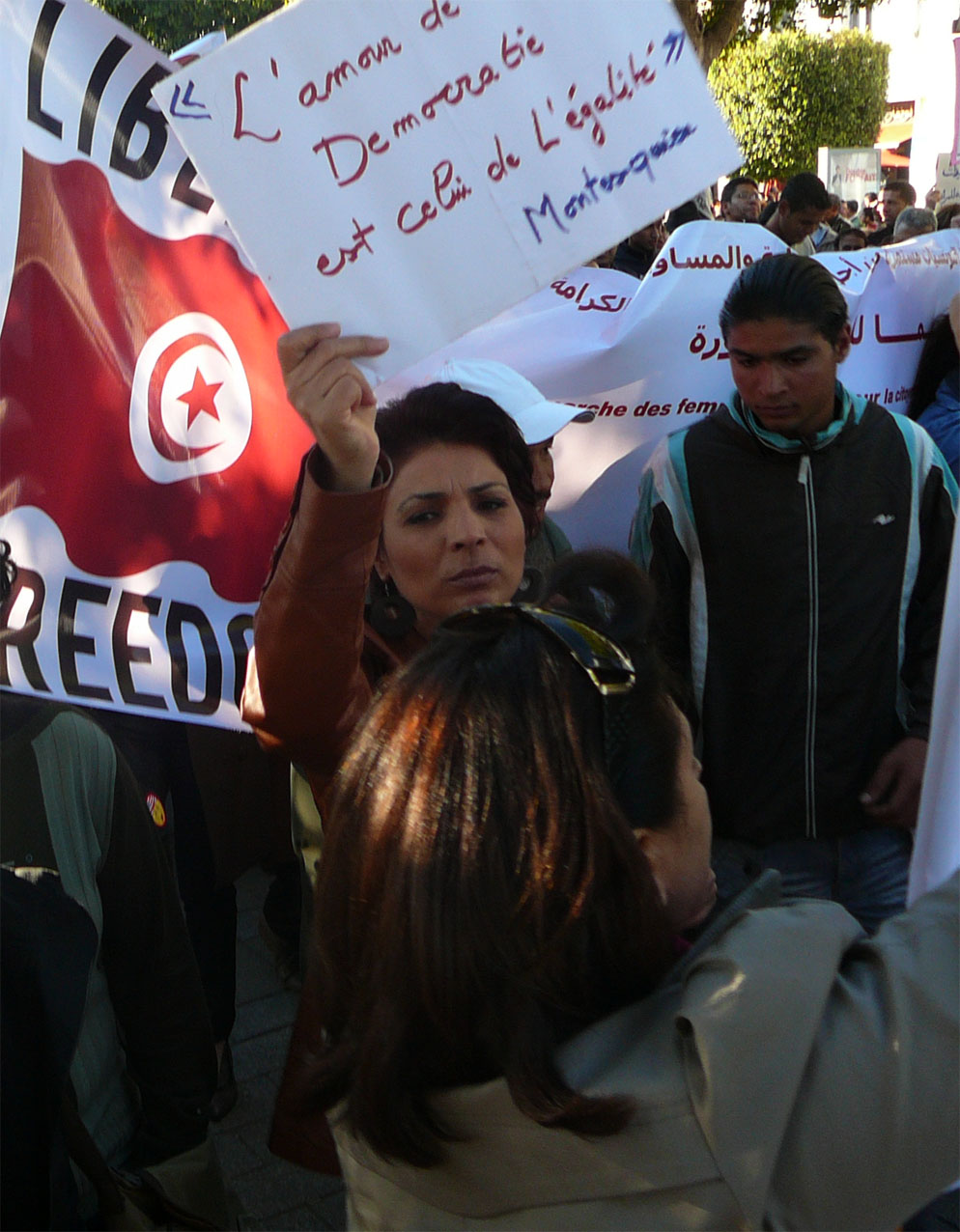Tunisia (and Beyond) Live Coverage: General Strike and Marches as Slain Opposition Leader is Buried
 Friday, February 8, 2013 at 7:10 |
Friday, February 8, 2013 at 7:10 |  Scott Lucas in
Scott Lucas in  Africa,
Africa,  EA Global,
EA Global,  EA Live,
EA Live,  EA Middle East and Turkey,
EA Middle East and Turkey,  Middle East and Iran
Middle East and Iran See also Syria Live Coverage: Watching the Attack in Damascus
Thursday's Tunisia (and Beyond) Live Coverage: Government is Dissolved After Murder of Opposition Leader
1642 GMT: Saudi Arabia. Thousands marched in Qatif on Thursday night in memory of leading cleric Sheikh Nimr al-Nimr, shot and detained by security forces last year.
Al-Nimr was a leading figure in the protests in the mainly-Shia Eastern Province, protesting detentions and calling for political reforms.



